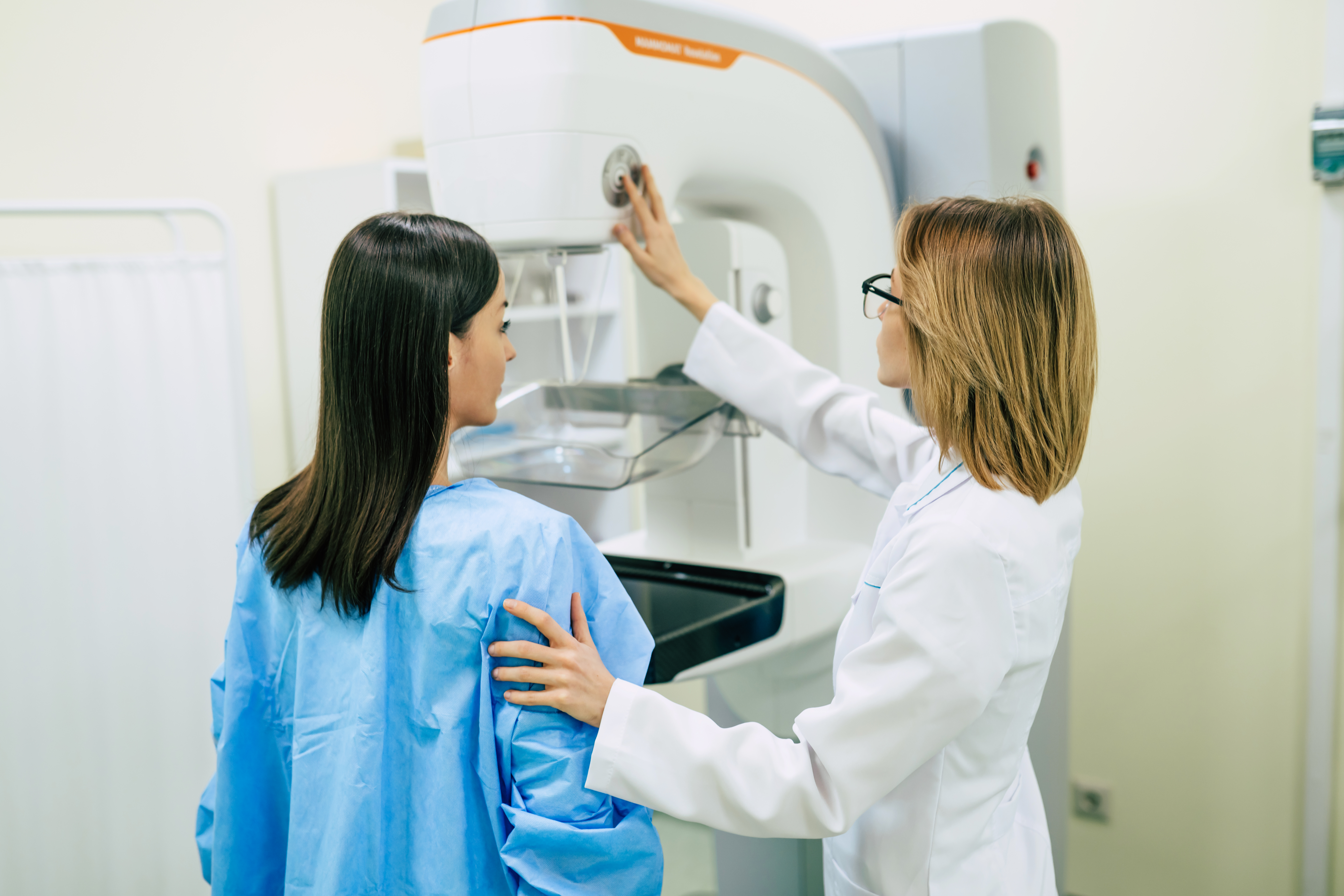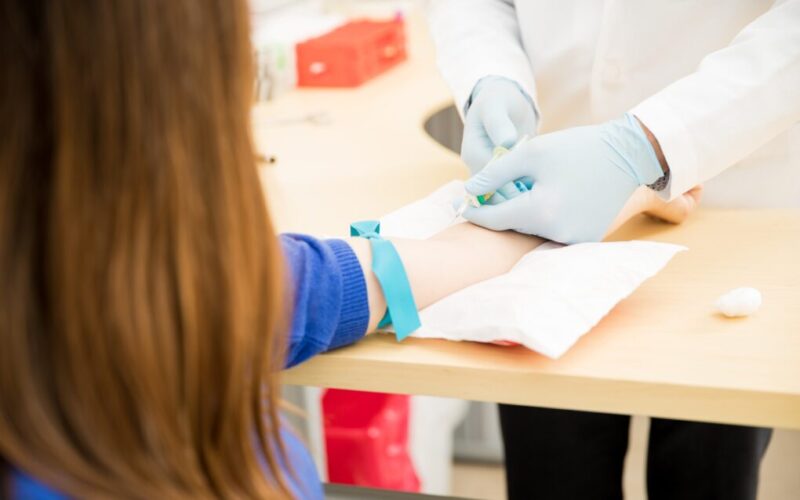When I saw the double lines of a positive pregnancy test confirming my third pregnancy, I knew I needed to have my progesterone levels checked. Due to my chronic, low progesterone levels and need for supplementation in previous pregnancies, I understood the well-researched link between low progesterone levels and miscarriage. But I did not expect my doctor to go on to recommend not just supplemental progesterone, but also treatment for my low estrogen levels. After digging further into why he recommended this, I learned recent research indicates that low estrogen levels can play a role in miscarriage, too.
What is the role of estrogen in a healthy pregnancy?
Estrogen, like progesterone, plays a vital role in the woman’s reproductive system, and thus, plays a critical role in maintaining a healthy pregnancy. Normal estrogen levels indicate a healthy corpus luteum (recall that the corpus luteum produces progesterone in the first trimester until the placenta takes over during the second and third trimesters). Estrogen is specifically responsible for thickening the uterine lining, ensuring that oxygen and nutrients are transported to the fetus, and causing contractions [1][2].
How do estrogen levels predict miscarriage?
Since estrogen is connected to a healthy corpus luteum, if a woman’s immune system and estrogen levels are healthy, there is a lower likelihood of miscarriage [3]. Serum estrogen levels should be within specific ranges depending on the baby’s gestational age. This helps doctors gauge how far along a woman is in her pregnancy. If the mother’s serum estrogen levels aren’t where they should be for her baby’s gestational age based on ultrasound, the corpus luteum may be unhealthy, and she may be at increased risk of miscarriage. Research increasingly suggests that first trimester estradiol levels are significantly lower in women who miscarry compared to those who do not [4][5][6].
According to a 2024 study published in Frontiers in Reproductive Health, 45% of women with untreated, below-normal serum estrogen levels experienced miscarriage compared to 17.5% of women who were supplemented with DHEA [1].
How is estrogen supplemented?
As you might imagine, I was surprised to find that, unlike my progesterone prescription, treating my estrogen levels did not involve a bioidentical form of estrogen. Instead, I was instructed to take an over-the-counter bioidentical form of DHEA. DHEA is the primary way to supplement estrogen for miscarriage prevention for two reasons. One, according to a study published in Frontiers in Reproductive Health, has proven to be the most effective treatment. Two, it does not pose the blood clot risk that direct estrogen (in the form of estradiol) supplementation carries [1].
According to ongoing research from the NeoFertility Clinic in Dublin, Ireland, which has been treating women for low estrogen levels in pregnancy using oral DHEA since 2015, DHEA supplementation consistently raises serum estrogen levels [3]. Most importantly, according to NeoFertility’s research, DHEA supplementation isn’t known to cause immediate or long-term adverse side effects in pregnant women or their infants.
But what is DHEA?
DHEA is dehydroepiandrosterone, an adrenal and ovarian hormone that helps the body produce androgens (i.e., sex hormones) such as estrogen (and, to a lesser extent, testosterone) in women and testosterone in men [3]. The use of DHEA to aid in conception has been advised for some time as it has been proven to aid in ovarian function [1]. But DHEA has only recently begun to be used with the goal of preventing miscarriage. As yet, there’s insufficient research— meaning not enough studies, not large enough sample sizes in the few studies that exist, and no randomized controlled trials (the gold standard of research studies)— to tell whether DHEA supplementation during pregnancy may have androgenic effects on the babies.
How big of a difference can DHEA make?
A recent case study done by the NeoFertility Clinic in Dublin, Ireland suggests just how important DHEA supplementation could be for low estrogen levels [3]. A woman with an extensive history of unexplained miscarriages went on to achieve a healthy pregnancy by adding DHEA supplementation into her treatment routine both pre-conception and during her pregnancy.
More research needs to be done to accurately quantify the difference that DHEA supplementation alone can make for pregnancy outcomes. When combined with progesterone supplementation, treating low levels of estrogen in miscarriage had the highest likelihood of pregnancy maintenance at 92.9% success, according to a 2022 study in the medical journal BMC Childbirth & Pregnancy [2]. In the 2024 study published in Frontiers, women whose low estrogen levels were supplemented with DHEA had a significant reduction in miscarriage risk [1].
The bottom line on low estrogen and miscarriage
According to the founder and director of the NeoFertility Clinic, Dr. Phil Boyle, miscarriage is rarely—if ever— caused by just one thing (and even supplementing with progesterone and estrogen may not be the “silver bullet” that prevents all miscarriages, many of which are simply due to genetic abnormalities in the fetus). But for those women for whom recurrent miscarriage is due to hormonal factors—such as an imbalance between estrogen and progesterone—it makes sense, then, that progesterone may not be the only hormone connected to miscarriage risk.
Anecdotally, progesterone and DHEA supplementation appears to have been effective in my case, as evidenced by a healthy, (now) full-term baby. Much more research is needed to establish whether DHEA supplementation might indeed be a low-risk, effective way to raise estrogen levels in the blood and potentially reduce miscarriages.
This article was last updated on July 17, 2024.
Additional Reading:
FAM Basics: What is the Corpus luteum?
PODCAST EPISODE: Miscarriage help, healing, and prevention








Even better than supplementing adrenal hormones is get your adrenals fixed before you get pregnant. Reduce stress, prioritize sleep, and get as healthy as possible first. If your adrenals are working great, they produce the right amount of hormones needed by your body.